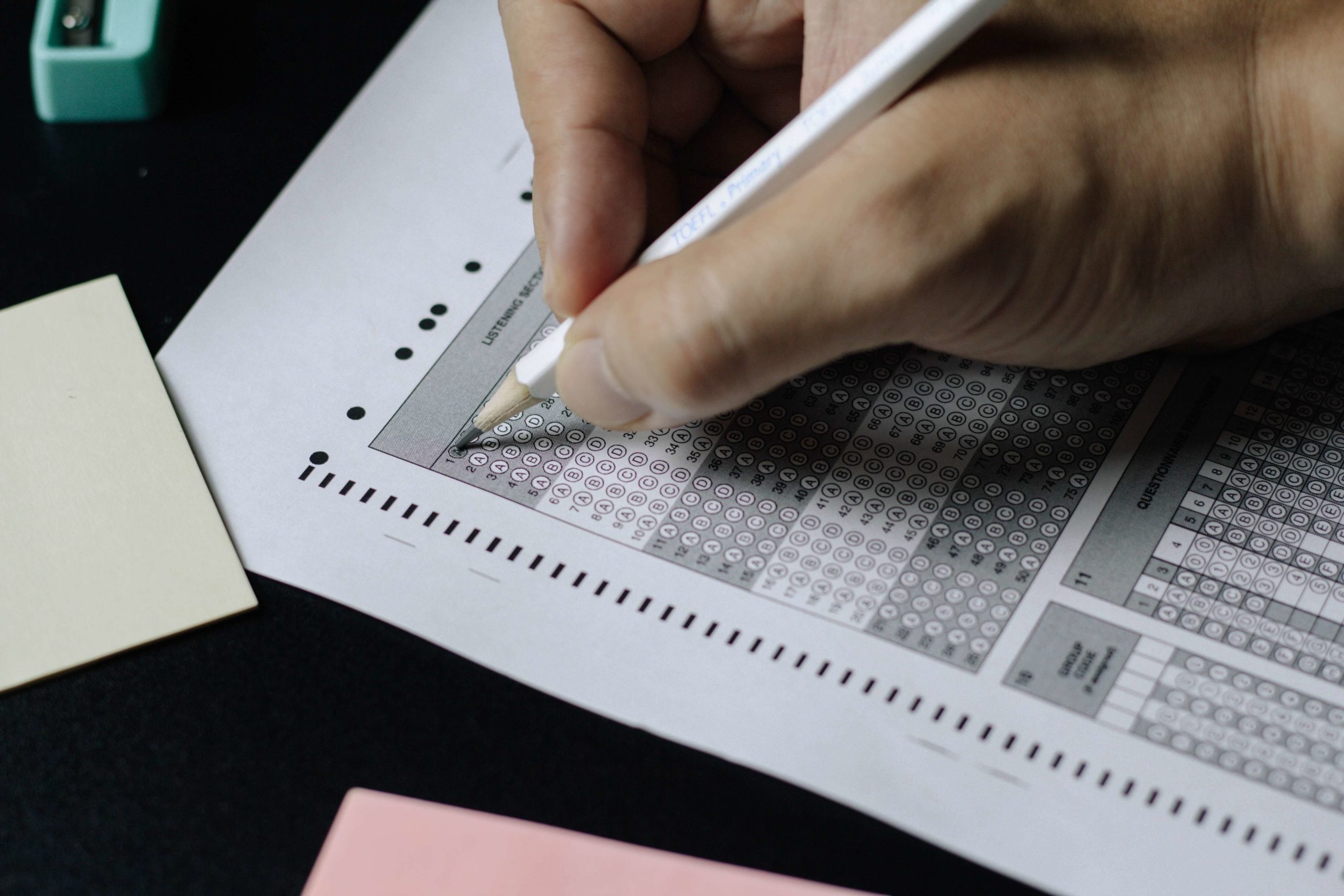Two groups of participants in an experiment received a set of eight questions similar to those found in IQ tests.[1] One of the groups was provided with the correct answers, which they could use to calculate their final score. Thus, for them, the conditions for cheating were favourable, and the test results showed that the members of this group obtained, on average, a few points more than those who didn’t have the correct answers, or other possibilities to cheat.
The researchers wanted to ascertain if the cheaters were aware that the way in which they had obtained better results was unfair, or if they were lying to themselves. So they asked the participants to estimate what score they would get in a similar 100-question test, administered under real exam conditions and without the possibility of checking their own performance.
Surprisingly, the cheaters estimated that they would get a similar result to that obtained in the test they had cheated on. The researchers repeated the experiment with another group of participants and promised the cheaters a financial prize if they were able to correctly predict their results on the 100-question test. The financial reward didn’t make cheaters lower their expectations for the future outcome either: self-deception was stronger than the prospect of material gain.

Ariely later presented the results of the study to several audiences, from whom he received comments such as “I’ve always known that this is how people are.”
Therefore, the psychologist decided not to tell his listeners the conclusions of the experiment until after he asked them to anticipate the results and write them down on a piece of paper. With this small change in strategy, comments such as, “I am not surprised by the result” occurred very rarely. The post-facto feeling of correct intuition that Ariely’s listeners had is also part of the effect of self-deception. The psychologist continued the series of experiments, showing that diplomas or any other type of confirmation that one obtains (even those obtained without merit, or that are falsified) strengthen the individual’s tendency of self-deception.
We often deceive ourselves in many ways. We tend to exaggerate our stories and come to strongly believe these stories ourselves. This happens, despite everything we’d like to think about ourselves, at the subconscious level. This is why much of what we know about ourselves is actually false and brings us into conflict with those who dare to challenge us to re-evaluate ourselves.
Through experiments, Ariely also obtained clues about the solutions for this human tendency. His experiments have shown that the mere recollection of a moral code, religious or not (the Ten Commandments or the code of conduct of the institution where one may be), has the effect of inhibiting our inclination to cheat.
A small change in the conditions of the initial experiment (to access the correct answers, the participants in the experiment had to make them visible by moving the mouse on the computer screen) caused a big change in the results—the cheaters did not expect a similar test result for the 100-question test. The new conditions forced them to admit to themselves, consciously, that they had cheated and that they had no chance of repeating the result.
The conclusions are easy to extrapolate. It is no coincidence that Christians who have made a habit of the practice of studying the Bible daily, or meditating on its values, and praying before moving on with their day, testify to the significant influence that this exercise has on their immediate moral behaviour. We need to constantly reset the way we relate to moral values and we constantly need clear rules and an environment to help us become aware of and easily recognize the times we go beyond the boundaries of morality.
Norel Iacob is the editor-in-chief of ST.network and The Signs of the Times Romania.



















